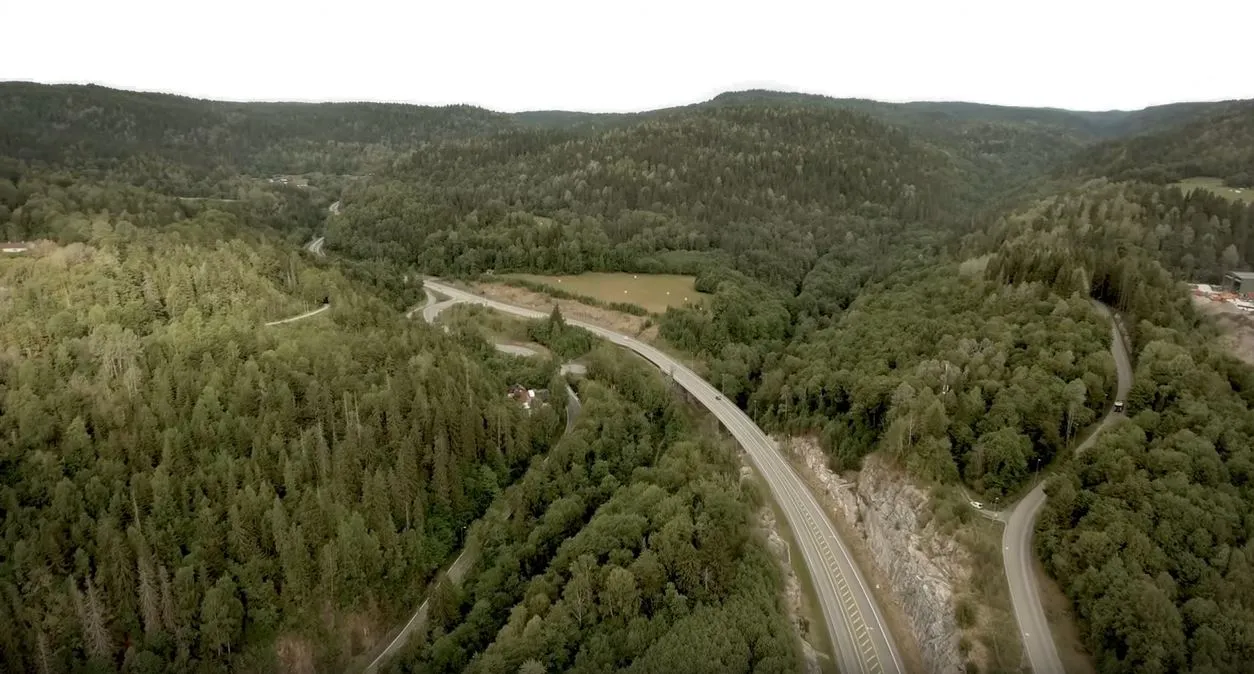
Skanska has won a turnkey contract for construction of Norway’s E16 highway from Bjørum to Skaret in the municipality of Hole.
Skanska’s winning bid for the 8.4km section was €279 million and done in co-operation with consulting firm Aas-Jakobsen. It was lower than bids from competitors Implenia/Multiconsult and AF Gruppen/Norconsult.
Work for four-lane motorway to have a speed limit of 100kph will include construction of two motorway junctions, five bridges of up to 220m in length, an 800m-long tunnel and one at 3.4km.
The stretch of 3.5km up to Sollihøgda has a maximum 5% grade and is characterised by large rock cuts to be done with extensive blasting work and earth relocation.
The project is part of Norway’s National Transport Plan 2018-29 and completion is expected in summer 2025.
The existing E16 will be maintained as a local road with additional cycling and walking paths constructed.
The new E16 is part of a larger plan, the E16 Sandvika-to-Skaret-to-Høgkastet. The aim is to develop a faster and more predictable travel time connection between Oslo and Øvre Buskerud, Vest-Oppland and Vestlandet.
The overall E16 project is divided into four sections.
The Sandvika-Wøyen section was started in 2015 and opened to traffic in 2019. The local road system around Sandvika (the Sandvika ring) will be completed in the summer of 2021.
The Wøyen-Bjørum section has been completed as a four-lane motorway and was opened in 2009.
The section from Skaret to Høgkastet has been approved and is in the planning stage.
Video: Construction of the Bjørum-to-Skaret includes two motorway junctions, five bridges of up to 220m in length, an 800m-long tunnel and one at 3.4km








